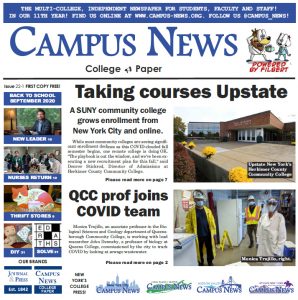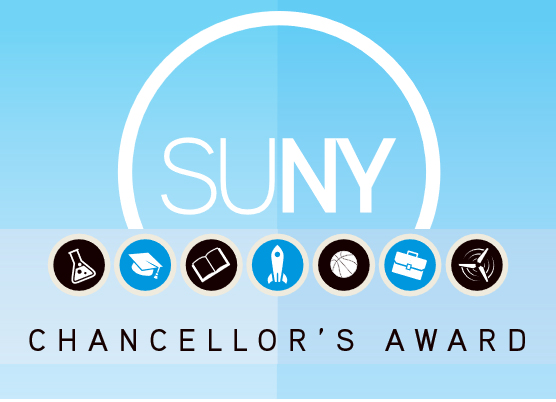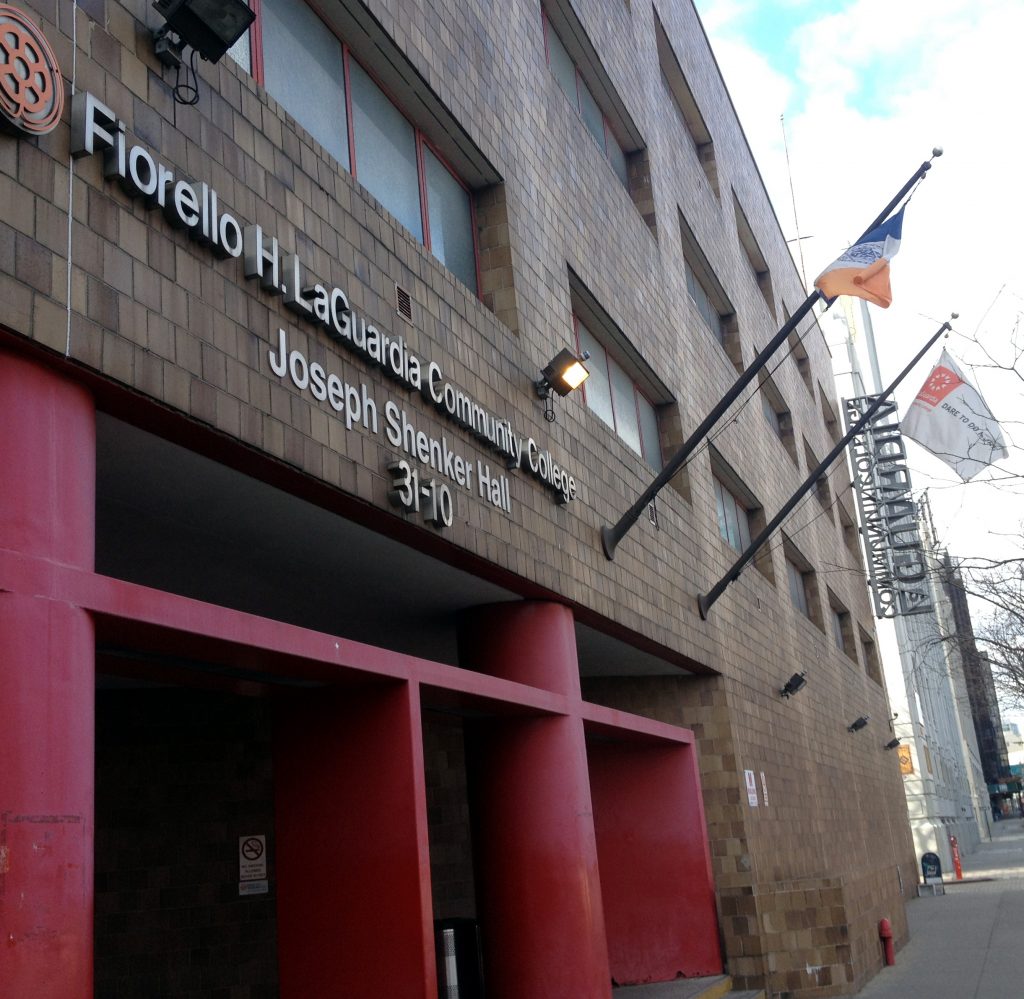State University of New York Chancellor Jim Malatras on Sunday announced that the University at Buffalo, Buffalo State, Erie Community College, and SUNY Fredonia will all increase their frequency of required pooled surveillance testing for COVID-19 in response to a recent case surge on some of SUNY’s Western New York campuses. Chancellor Malatras made the announcement at stops at UB’s Jacobs School of Medicine and SUNY Fredonia, where he met with college presidents as well as state, county, and local elected officials. He reaffirmed the necessity for full COVID-19 safety compliance by students and the entire college community and stressed the need for close monitoring and strict enforcement to limit the spread of COVID-19. The vast majority of students across SUNY are complying with safety protocols.

Chancellor Malatras also launched a SUNY system-wide COVID-19 case tracker dashboard, which was announced by Governor Andrew Cuomo. The centralized dashboard will provide real time, up-to-date information on COVID-19 cases, testing, and quarantine and isolation space availability across SUNY’s 64 colleges and universities to more efficiently monitor, respond to, and contain the virus.
“When we see COVID-19 surges on particular campuses, we need to increase the frequency of testing to truly understand the full scope of the virus and to respond decisively and in a way that protects students, faculty, staff, and the surrounding community,” said Chancellor Malatras. “I want to thank Presidents Tripathi, Conway-Turner, Reuter, and Kolison, Jr. for partnering with my office to increase testing, acting with urgency, and continuing to send strong messages to students about the importance of following safety precautions. As Governor Cuomo rightly points out, information is critical to fight this virus. Our new COVID-19 Case Tracker dashboard will give people easy access to the most accurate, up-to-date information about the presence of the virus on their campus – and across SUNY. We have seen repeatedly that the situation with this virus can change drastically in a very short period of time. As we ask students to rise to the challenge, act responsibly, and contain COVID-19 – they deserve transparent, real time information. If we all work together, we can keep COVID-19 cases down and have a successful semester.”
SUNY Trustee Eunice Lewin said, “Transparency, resources, and collaboration are critical as SUNY works to contain this virus, and in a short amount of time Chancellor Malatras has led increased pooled surveillance testing across our campuses and the creation of a live new system-wide COVID-19 tracker to both inform the public and guide where SUNY assistance is needed most. My thanks to Chancellor Malatras for his focus on protecting our treasured campus communities, and for continually seeking how we can do more.”
University at Buffalo President Satish Tripathi said, “Last week, the University at Buffalo began random COVID-19 pool surveillance testing of students, faculty and staff who have in-person interactions on UB’s campuses. Our evidenced-based testing plan includes multiple rounds of scheduled randomized testing will take place at regular intervals. This surveillance testing of a representative sample of asymptomatic students, faculty and staff provides an important metric of changes in prevalence of COVID-19 within the UB community. And, we believe this program will better serve our public health mission to reduce transmission of COVID-19.”
Buffalo State President Katherine Conway-Turner said, “I want to thank SUNY Chancellor Jim Malatras for his leadership and for joining us in Buffalo today. Buffalo State College and the SUNY family are united in doing all that we can to slow the spread of COVID-19 in our communities.”
Erie County Community College President William D. Reuter said, “SUNY Erie’s response to the COVID-19 pandemic continues to focus primarily on the safety of our campus community and controlling the potential spread of the virus. In addition to wearing mandatory face coverings and practicing social distancing while on campus, we have deployed #CampusClear to assist with health screenings and contract tracing. We are currently working with SUNY to develop a process for pooled testing on our campuses to further enhance our safety measures and will deploy a protocol in the coming weeks.”
SUNY Fredonia President Stephen H. Kolison, Jr. said, "Increasing our surveillance testing capacity is vital to ensuring the health and safety of our campus community, in addition to continued personal safeguards of facial coverings and social distancing. We are grateful for the Chancellor's efforts to expand our capability, so we may be more proactive with our isolation and quarantine procedures. We greatly appreciate his support and his visit to us on a Sunday afternoon in Western New York."
Increased Testing Frequency
Western New York Colleges have the ability to increase the frequency of regular pool testing following a series of major breakthroughs in testing driven by SUNY Upstate Medical University.
Last month, the New York State Department of Health granted SUNY approval to conduct pooled surveillance testing for COVID-19. The testing methodology – developed by Upstate Medical – allows for 10-25 people to be screened as part of one test. Their samples are combined into one, which is tested for SARS-CoV-2 virus. A negative test means that all 10-25 people in the group are presumed at the time to be coronavirus-free. A positive test for the pool would mean each individual saliva sample within the pool would need to be tested again individually to pinpoint exact positive cases.
Last week, the Department of Health approved Upstate Medical’s individual saliva diagnostic test. The cost-effective and rapid screening can analyze more than 15,000 samples per day at Upstate Medical’s Neuroscience Research Building, in collaboration with Quadrant Biosciences—a Start-Up NY company supported by the state with key tax incentives.
The University at Albany is also administering an in-house pooled surveillance testing program developed collaboratively by a team of scientists from UAlbany's RNA Institute and School of Public Health.
Thanks to these advancements, SUNY now has the capacity to regularly pool test all of its students once every two weeks. When spikes occur on individual campuses, that frequency can increase even further.
SUNY COVID-19 Case Tracker
The COVID-19 Case Tracker dashboard will provide a case count for SUNY and for individual campuses. The data will be reported by campuses every 24 hours and added to the dashboard daily. The dashboard also includes vital information on the different types of tests administered, daily and weekly test data, overall positivity rates, available quarantine and isolation space, and hospitalizations. The tracker is developing and will be augmented as new categories of data become available.







Facebook Comments